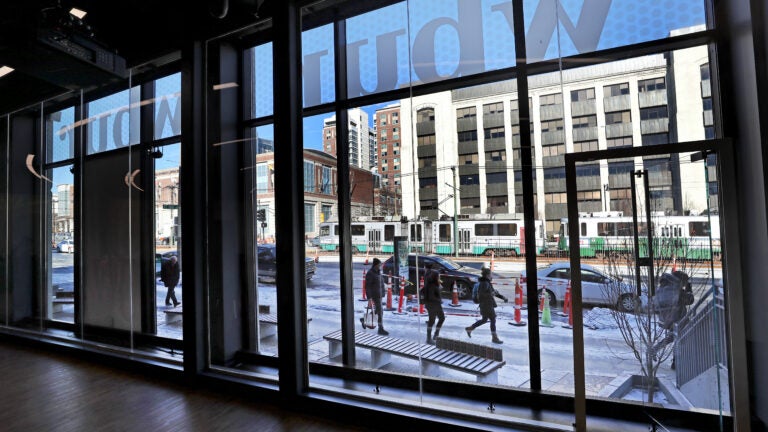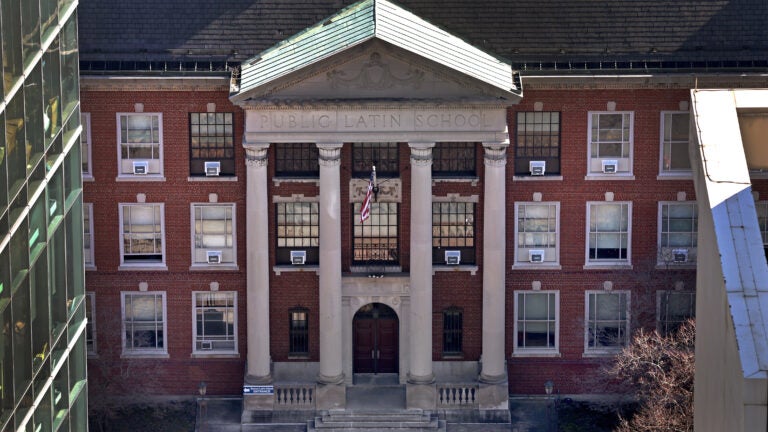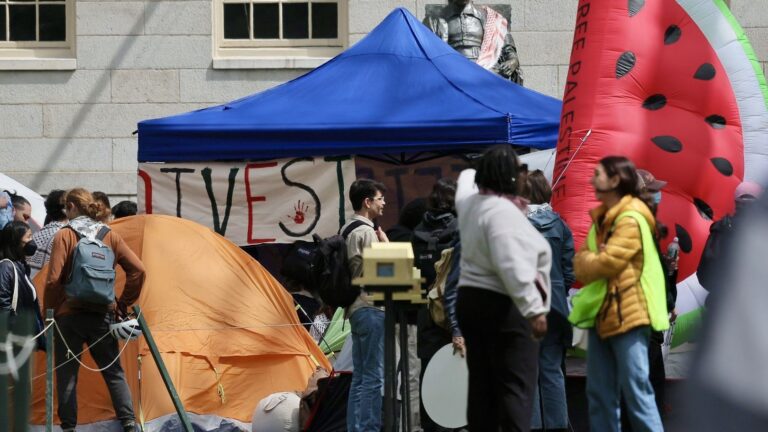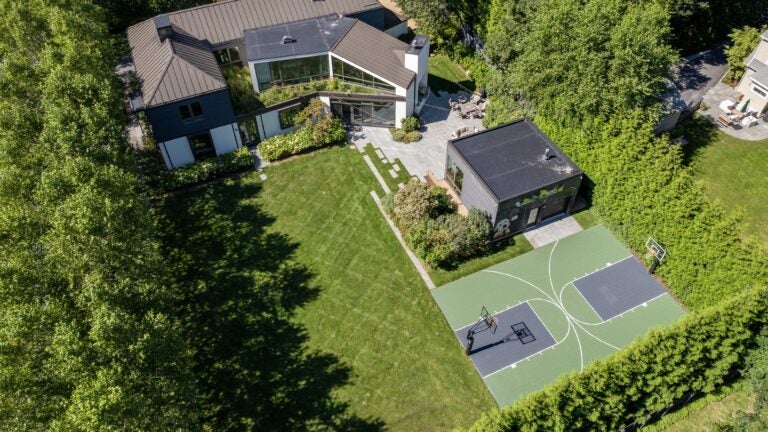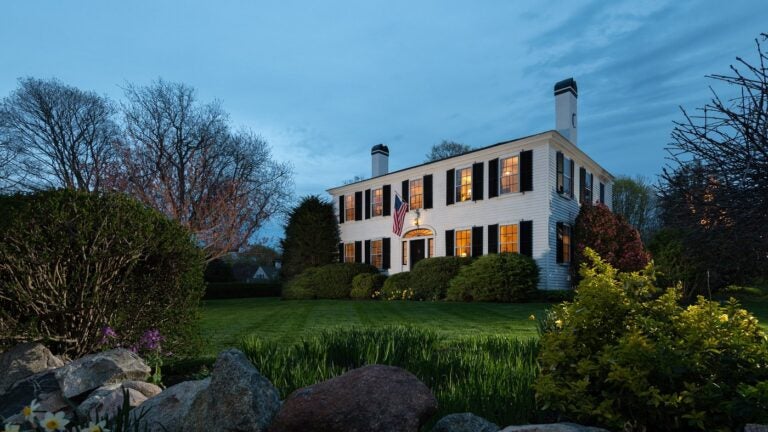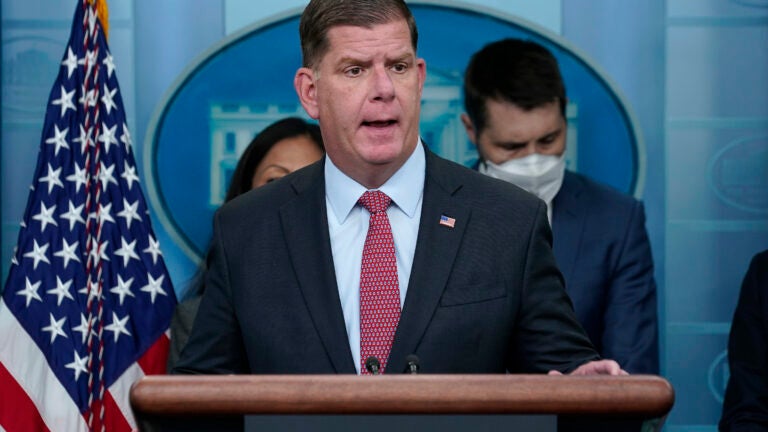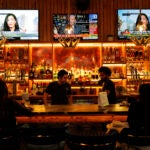Marty Walsh says the loss of the ‘iconic’ Doyle’s pub is part of a larger problem
The Boston mayor said he was sad to hear the news, but also "a little disappointed."
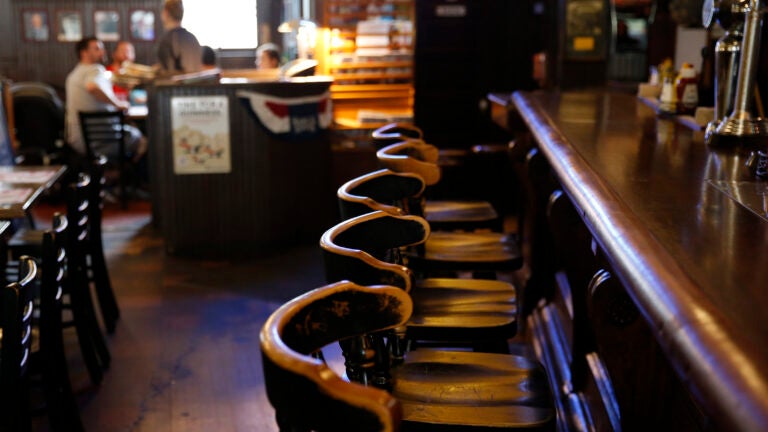
Boston Mayor Marty Walsh says the planned closure of Doyle’s Cafe hit him personally.
“It’s tough,” Walsh said in an interview Friday on WGBH’s “Boston Public Radio.”
The Boston Globe reported earlier this week that Doyle’s, a beloved Jamaica Plain pub and storied haunt for local politicians, had agreed to sell its liquor license to Davio’s Northern Italian Steakhouse for the chain’s forthcoming Seaport location and is planning to close this fall.
The impending loss of the 137-year-old bar, which was the first place to put Sam Adams beer on tap, was devastating news for the neighborhood; Boston City Councilor Matt O’Malley, who lives in Jamaica Plain, even launched an effort to save the pub.
Walsh said Friday that he got a call last week from a member of the Burke family, which owns Doyle’s, to let him know of their plans. The mayor recalled how central the pub was to Boston’s political sphere.
“Doyle’s is one of those iconic places in the city that I liked because it was connected to politics,” he said. “Back in the days when they used to have rallies in Adams Corner … you had to go there if you were running.”

Christopher Spellman, night manager of Doyle’s, works in 2005 while patrons Walter Christal, of Rochester, and John Dexter, of the North End, sit at the bar.
Walsh said he was “sad” to hear about about their plans to close, but also “a little disappointed.” While he understood that the Burke family had “personal reasons” for selling their liquor license (in an interview with the Globe, owner Gerry Burke Jr. cited soaring real estate prices), Walsh said the decision was also indicative of a bigger problem: the cap on liquor license in Boston.
Walsh referenced a Globe editorial Wednesday calling Doyle’s “the latest victim of Boston’s archaic liquor licensing system,” which has been capped by a state law dating back to the 1930s. The statute is said to be rooted in anti-Irish sentiment. According to the Globe, the byzantine restriction has increasingly resulted in neighborhood bars in Boston selling their liquor licenses to downtown establishments, leaving “some pockets of the city with little-to-no full service, sit-down restaurants.”
Walsh has asked state lawmakers to at least approve his home rule petition for 184 additional liquor licenses, but doesn’t know “how much more the city can do.”
“I asked the legislature,” he said. “We shouldn’t have arbitrary numbers on how many liquor licenses we should have in the city of Boston. We just shouldn’t. We’re in 2019. We can run our own city.”
Walsh argued that state should relax laws on the city’s ability to raise revenue, citing Boston’s population and job growth, as well as its AAA bond rating.
“We’re an economic engine,” he said. “So I think we do some of this on our own.”

Acting Gov. Paul Cellucci and Bristol County District Attorney Paul Walsh celebrate with beers following a press conference at Doyles in 1998.
Walsh said he didn’t blame the current leaders in the State House, but called the restrictions “crazy.” And in the planned closure of Doyle’s, the city was losing a unique piece of political history and camaraderie, he said. Walsh noted that the walls of Doyle’s are covered by political memorabilia and photos of Massachusetts elected officials and Boston mayors going back decades.
“The beauty about it when you walk in there — not many places are like this — you can walk in and see progressives and conservatives all in one place,” the mayor said. “You don’t see that today. We all go to our own corners. We don’t get together. And Doyle’s was that place that a lot of that happened at.”
